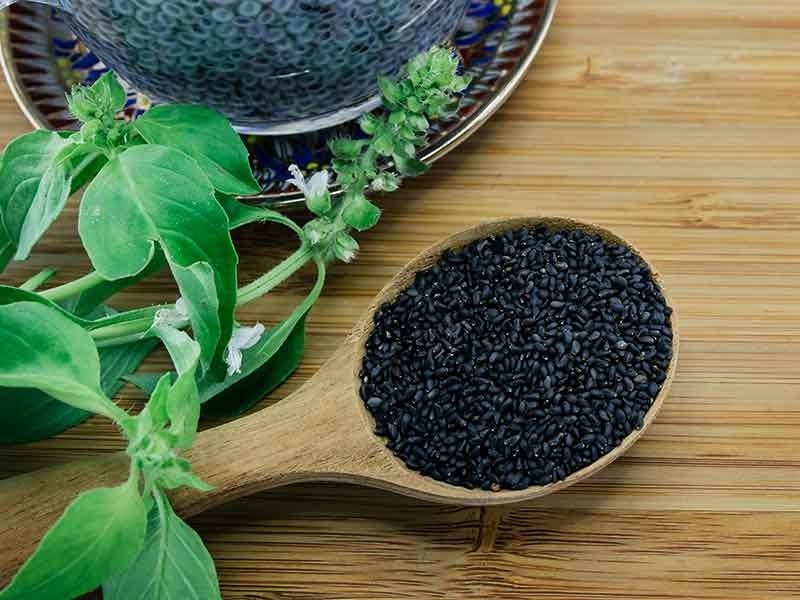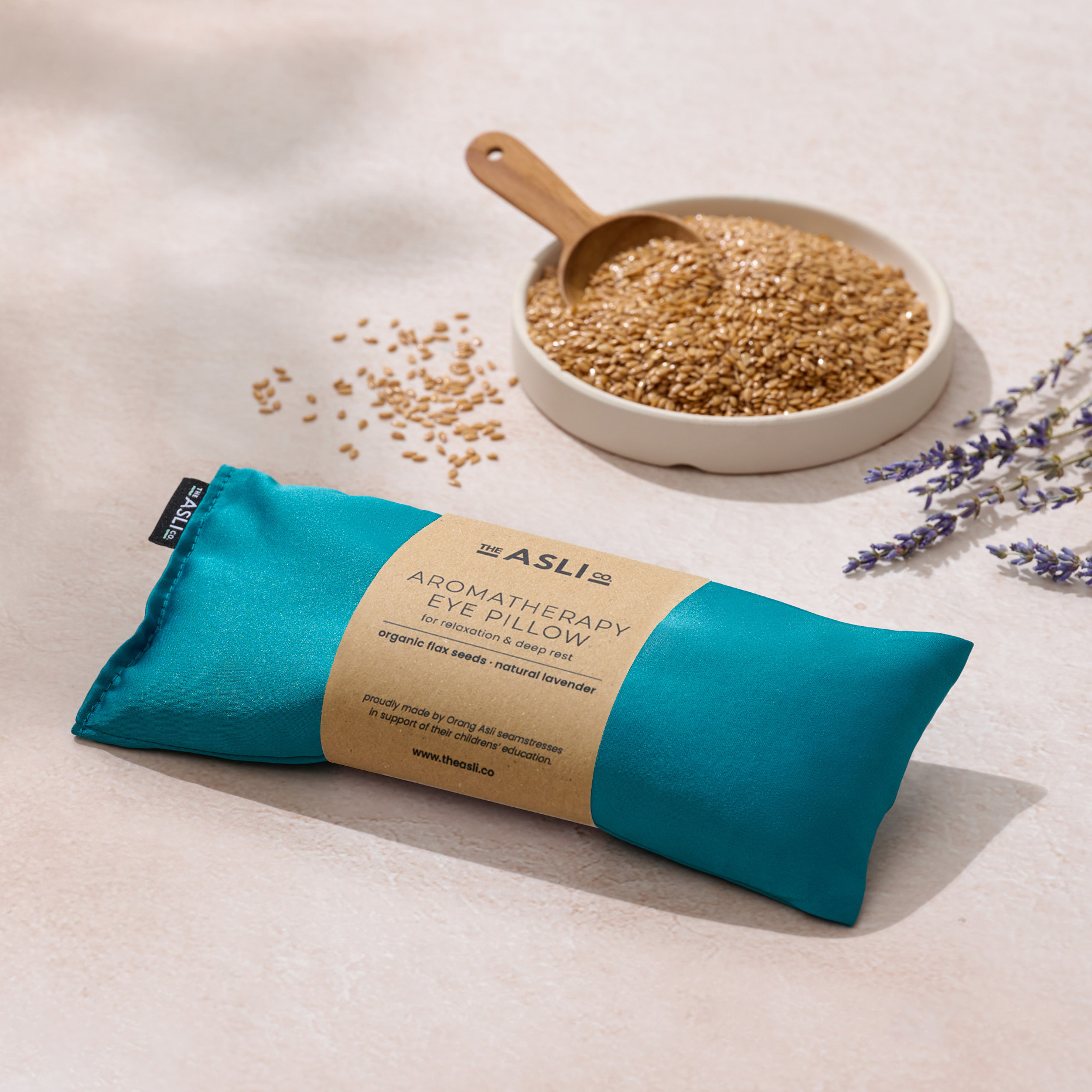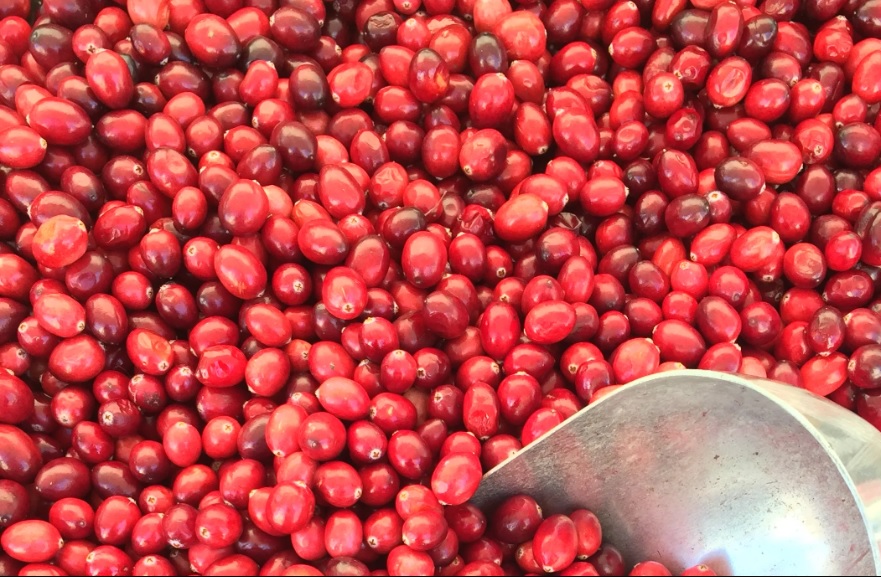Tulsi Basil Seeds, also known as Holy Basil (Ocimum sanctum), is a revered plant in many cultures, particularly in India, where it has been used in traditional medicine and spiritual practices for thousands of years. Tulsi is considered sacred, often planted in homes and temples. Besides its spiritual significance, it is also highly valued for its medicinal properties. If you’re interested in growing this incredible herb, starting with Tulsi basil seeds is a rewarding and accessible way to cultivate the plant.
What Are Tulsi Basil Seeds?
Tulsi seeds are the reproductive material of the Tulsi plant. These small, dark, round seeds can be used to grow different varieties of Tulsi. Some common types include:
- Rama Tulsi: Known for its light green leaves and sweet aroma.
- Krishna Tulsi: This variety has purple leaves and a spicier taste.
- Vana Tulsi: A wild type of Tulsi found in forests, with green leaves and a more subdued flavor.
All varieties of Tulsi are revered for their medicinal, spiritual, and culinary uses. If you have Tulsi basil seeds, you can grow these varieties in your garden, indoors, or even on a balcony in pots.
How to Grow Tulsi from Seeds
Tulsi is a hardy plant, but it requires the right conditions to grow successfully. Here’s a step-by-step guide to growing Tulsi basil from seeds:
1. Seed Selection and Preparation
Start by selecting high-quality Tulsi seeds from a reliable source. Some gardeners prefer to soak the seeds in water for a few hours before planting, which can help speed up germination. However, this step is optional.
2. Planting the Seeds
- Soil: Use a well-drained potting mix rich in organic matter. Tulsi thrives in nutrient-rich soil with good aeration.
- Sowing Depth: Sow the seeds about ¼ inch deep into the soil. Ensure the soil is slightly moist, not soggy.
- Spacing: If you’re planting in a garden, space the seeds about 2-3 inches apart. If you are planting them in a pot, make sure to plant only a few seeds, so the plants have enough room to grow.
- Temperature: Tulsi seeds germinate best at temperatures between 70-85°F (21-29°C). Keep the soil warm and maintain a consistent temperature for the seeds to sprout.
3. Germination Process
Tulsi seeds usually germinate in 1-2 weeks. During this period, keep the soil consistently moist but not waterlogged. You can cover the seed trays or pots with a thin plastic wrap to retain moisture and warmth, speeding up the germination process.
Once the seedlings start to appear, remove the plastic cover and place the pots in a sunny location. Tulsi needs at least 4-6 hours of direct sunlight daily to thrive. If you’re growing it indoors, placing it near a sunny window will ensure healthy growth.
4. Watering and Maintenance
Water the Tulsi plants regularly but allow the soil to dry out slightly between watering sessions. Overwatering can cause root rot. Use a spray bottle for gentle watering during the early stages of growth to avoid disturbing the delicate seedlings.
As the plant matures, you can reduce the frequency of watering, especially if the plant is grown outdoors where natural rainfall supports its needs.
5. Pruning and Harvesting
Once the Tulsi plant reaches about 6-8 inches in height, you can start harvesting its leaves. Prune the plant regularly by pinching off the top leaves. This promotes bushier growth and prevents the plant from becoming leggy. Always leave a few leaves on the plant so that it continues to grow.
Tulsi can be grown year-round in warm climates, but it may slow down or stop growing during colder months. If you live in an area with harsh winters, consider growing Tulsi in a pot indoors to protect it from frost.
Health Benefits of Tulsi
Tulsi is not just another herb in your garden – it’s a powerhouse of medicinal benefits. Ayurveda, the ancient Indian system of medicine, has long recognized Tulsi’s healing properties. Here are some of the key benefits:
1. Immune Booster
Tulsi is packed with antioxidants, which help protect the body from damage by free radicals. Drinking Tulsi tea or using it in herbal remedies can support the immune system and help the body fend off infections.
2. Adaptogenic Properties
Tulsi is considered an adaptogen, meaning it helps the body adapt to stress. It can help balance cortisol levels, the hormone responsible for stress, promoting overall mental and physical well-being.
3. Anti-inflammatory and Antioxidant Effects
The plant contains compounds like eugenol and rosmarinic acid, which have anti-inflammatory properties. This makes it useful for treating conditions like arthritis and inflammation-related issues.
4. Respiratory Support
Tulsi is often used to treat respiratory ailments such as colds, asthma, and bronchitis. Its antibacterial, antiviral, and antifungal properties help in clearing infections and promoting respiratory health.
5. Digestive Health
Tulsi can aid digestion by reducing bloating, gas, and indigestion. It stimulates the production of digestive enzymes, helping the body break down food more effectively.
6. Skin Health
Applying Tulsi extract topically can help with skin conditions like acne and rashes due to its antibacterial properties. It’s also used to soothe skin irritation and promote a clear complexion.
How to Use Tulsi Leaves
Tulsi is highly versatile and can be used in various ways:
1. Tulsi Tea
One of the most popular uses of Tulsi leaves is to brew them into tea. Simply steep fresh or dried Tulsi leaves in hot water for about 5-10 minutes. The tea has a soothing, slightly peppery flavor and is known for its calming effects.
2. Culinary Uses
Tulsi can be added to soups, salads, and stir-fries. Its flavor pairs well with a wide variety of dishes, adding both taste and health benefits.
3. Herbal Remedies
Tulsi leaves can be used in home remedies for ailments such as coughs, sore throats, and headaches. You can chew the leaves raw or make a paste to apply externally for skin irritations.
4. Tulsi Essential Oil
The leaves of Tulsi can be distilled into essential oil, which has a range of uses in aromatherapy. It is believed to promote relaxation, reduce anxiety, and support mental clarity.
Spiritual Significance of Tulsi
In Hinduism, Tulsi is often referred to as the “Queen of Herbs” and is considered sacred. It is believed to be a manifestation of the goddess Lakshmi, the goddess of wealth and prosperity. Many households in India have a Tulsi plant growing in their homes or gardens, often placed in a dedicated spot for daily worship. The plant is believed to bring peace, harmony, and good health to the family.
Final Thoughts
Growing Tulsi basil from seeds is an enriching experience that not only connects you to a plant of immense spiritual and medicinal value but also allows you to cultivate an herb that can improve your overall well-being. Whether you’re using Tulsi for its health benefits, culinary uses, or spiritual significance, it’s a plant that offers a wealth of benefits from the moment it sprouts from the seed. With its ability to thrive in different environments, growing Tulsi is a practice that anyone, from beginners to experienced gardeners, can enjoy.
If you’re ready to start your journey with Tulsi, get some high-quality seeds, plant them with care, and watch as this sacred plant grows to become a part of your daily life.
for more healthy blog please visit our blog Microwave Flaxseed Eye Pillow: A Simple Way to Relieve Stress and Tension









Leave a Reply